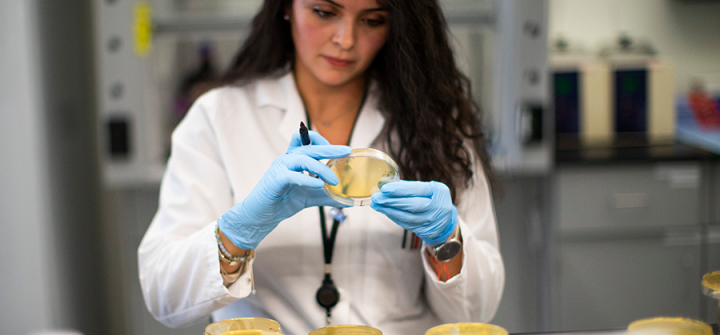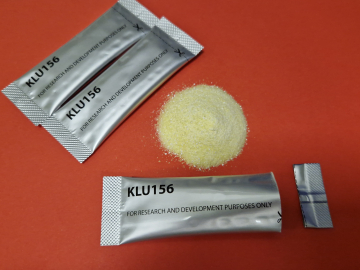Pandemic Showcases Value of Global Health R&D, While Imperiling its Future
The arrival of the first wave of COVID-19 vaccines brings hope to a battered, weary world that 2021 can be the beginning of the end of a devastating, still-raging pandemic. But while the fight against this terrible disease has showcased an impressive array of global health talents and technologies, it also has taken a heavy toll on the field.
There is growing concern, including among many global health veterans now battling COVID-19, about how the pandemic’s diversion of funding and expertise from other dangerous diseases has pressed the pause button on a wide range of clinical trials and scientific endeavors.
The organization I lead, the Global Health Technologies Coalition, recently conducted in-depth interviews with global health researchers around the world, in the public and private sectors. We kept their affiliations confidential so they could be candid about their experience. Among the many different viewpoints, a consistent message emerged: that the effort to defeat one all-consuming global health threat—one that has relied heavily on their resources and expertise—may lead to stalled progress against a number of others, such as malaria, tuberculosis, HIV/AIDS and a long list of neglected tropical diseases.
Leaders in some key US government agencies shared that more than half of their teams have been deployed to fight COVID-19. One official sought staff estimates for the cost to maintain existing projects while responding to pandemic-related demands. The amount was 4 times higher than the supplemental funding provided by Congress that was supposed to make up the difference.
A representative from a private-sector company noted staffing shortages as personnel were diverted to developing COVID-19-related products. Several labs affiliated with academic research institutions have shifted significant resources to state or university COVID-19 testing needs. One lab expended its entire discretionary budget responding to state testing demands, so far without compensation.
Let’s be clear. Everyone was honored to be a part of the effort. But they also wondered how they can recover lost ground—and funding.
Clinical trials have been hit especially hard. Nearly everyone involved in clinical trials reported significant disruptions. The biggest problems involved the most consequential trials: phase 3 trials that, if successful, are the last hurdle in the long march to product approval. But they are also the largest and most logistically challenging.
We heard optimistic viewpoints as well, like how the government-industry alliances to develop COVID-19 innovations affirm the value of public-private partnerships. The most positive sentiment, while not universal, involved hope that global public health initiatives will become an enduring political priority in the post-pandemic world.
Ultimately, the pandemic appears to be operating like a driverless bulldozer, damaging certain areas of global health while possibly carving promising new paths in others.
It is urgent that we move quickly to repair the harm. Our community must engage political leaders to ensure there is funding for restarting clinical trials and resuming ongoing research. We also must guard against the long-term risk that funding for global health research—a hard sell in the best of times—could experience sharp reductions due to the economic impact of the pandemic.
The outcome of these efforts will determine whether the enduring legacy of COVID-19 for global health follows 1 of 2 trajectories: delivering a cruelly ironic setback for the broader fight against infectious diseases, or generating a new awareness of the incredible power of global health innovations to help create a more stable, equitable world.
Jamie Bay Nishi is director of the Global Health Technologies Coalition (GHTC), a coalition of 30 nonprofit organizations, academic institutions, and aligned businesses advancing policies to accelerate the creation of new drugs, vaccines, diagnostics, and other tools that bring healthy lives within reach for all people. For more on this topic, read the GHTC’s full synthesis of the interviews: Pain Points and Potential: How COVID-19 is Reshaping Global Health R&D
For the latest, most reliable COVID-19 insights from some of the world’s most respected global health experts, see Global Health NOW’s COVID-19 Expert Reality Check.
Join the 50,000+ subscribers in 170+ countries who rely on Global Health NOW summaries and exclusive articles for the latest public health news. Sign up for our free weekday enewsletter, and please share the link with friends and colleagues: https://www.globalhealthnow.org/subscribe
A researcher works in a lab that is developing testing for the COVID-19 coronavirus at Hackensack Meridian Health Center for Discovery and Innovation on February 28, 2020 in Nutley, New Jersey. Image: Kena Betancur/Getty




